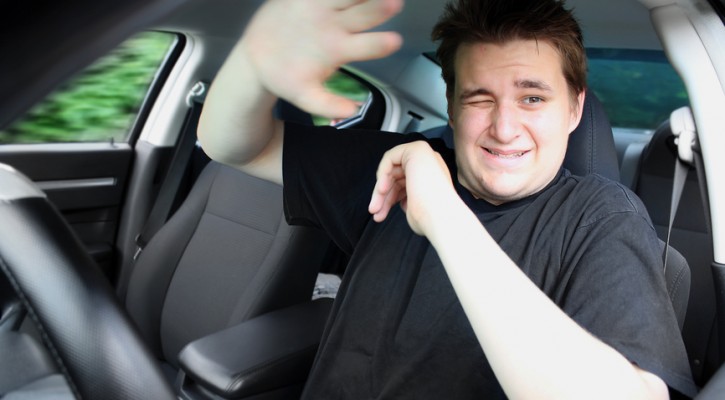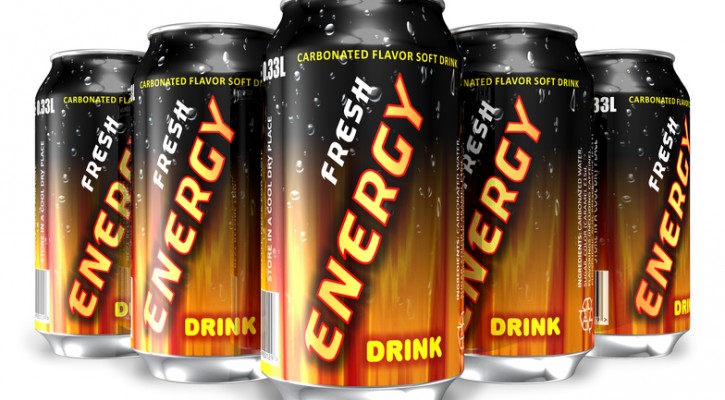Monthly Archives: March 2014

Top Ten Bad Driving Habits By Teens
March 9, 2014
When teens first start learning to drive, they are usually very careful and willing to listen to advice but, once they get their operator’s license and start driving on their own, some seem to think that all the rules and safe driving advice were just for the driving exam and no longer apply to them. That attitude quickly turns to tragedy for some with an average of six teens killed and 493 injured in traffic crashes every day. More than half of all teen crashes are single vehicle crashes, meaning that, due to high speed or distractions, the teen ran off the road and crashed; no other cars were involved.
The following list of bad teen driving habits isn’t in any particular order. One could be just as bad as another but separately or combined, they are all dangerous.
1. Driving distracted – One of the biggest hazards on the road today is distracted driving. We’ve all heard about the dangers of texting and cell phone use but there are other distractions as well, such as;
- Paying more attention to passengers than to the road ahead.
- Eating and drinking
- Loud music
- Applying makeup
- Looking at things out the window instead of at the road.
- Adjusting the radio or loading CDs
All of these distractions can take your eyes off the road just long enough for a dangerous problem to creep up unnoticed. Continue Reading

Marijuana May Hurt Developing Teen Brains
March 9, 2014
The teen years are important for developing teen brains. Studies show IQ points and cognitive skills are lower for adults who used marijuana as a teen. Read more: http://www.npr.org/blogs/health/2014/02/25/282631913/marijuana-may-hurt-the-developing-teen-brain

Energy Drink Related Emergency Room Visits Double
March 9, 2014
According to a report released in January 2013 by the Substance Abuse & Mental Health Services Administration, emergency room visits related to the use of so called energy drinks doubled from 10,068 visits in 2007 to 20,783 visits in 2011.
We were among the first to write about the issue of energy drinks and their effect on health and driving back in 2009 and have published several articles since but the warning bears repeating.
Energy drinks contain large amounts of caffeine and sugar and are marketed mostly toward young people as a way to gain energy, stay awake, or lose weight. Energy drinks are unregulated and there are really no limits on how much caffeine can be added to a drink. Continue Reading
